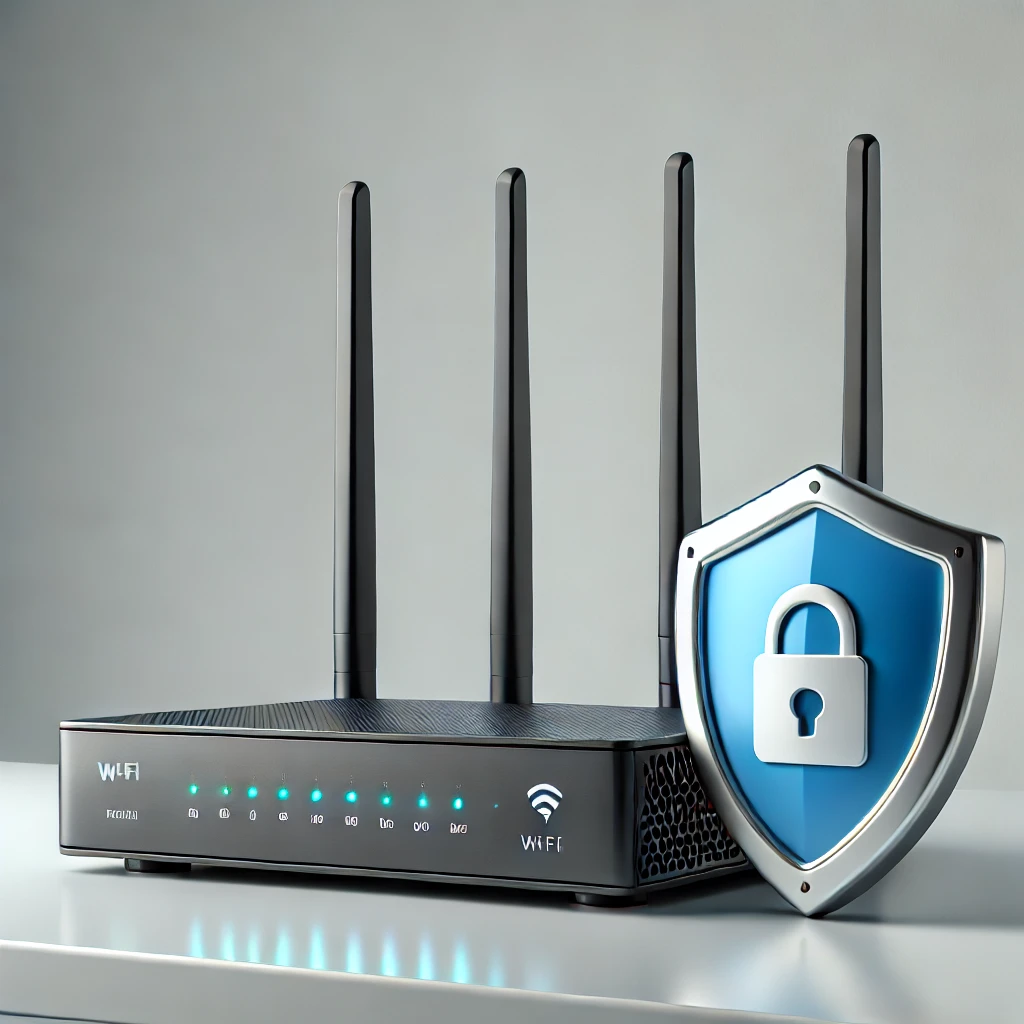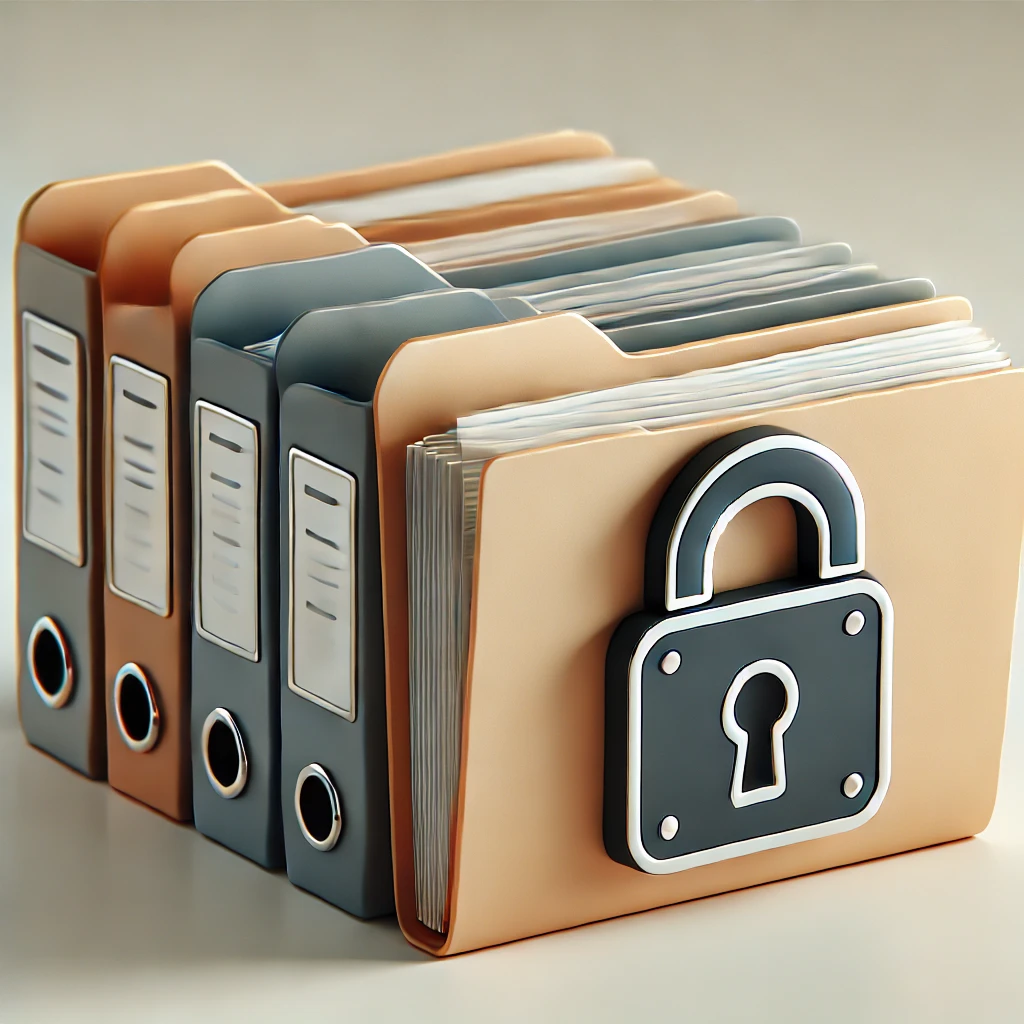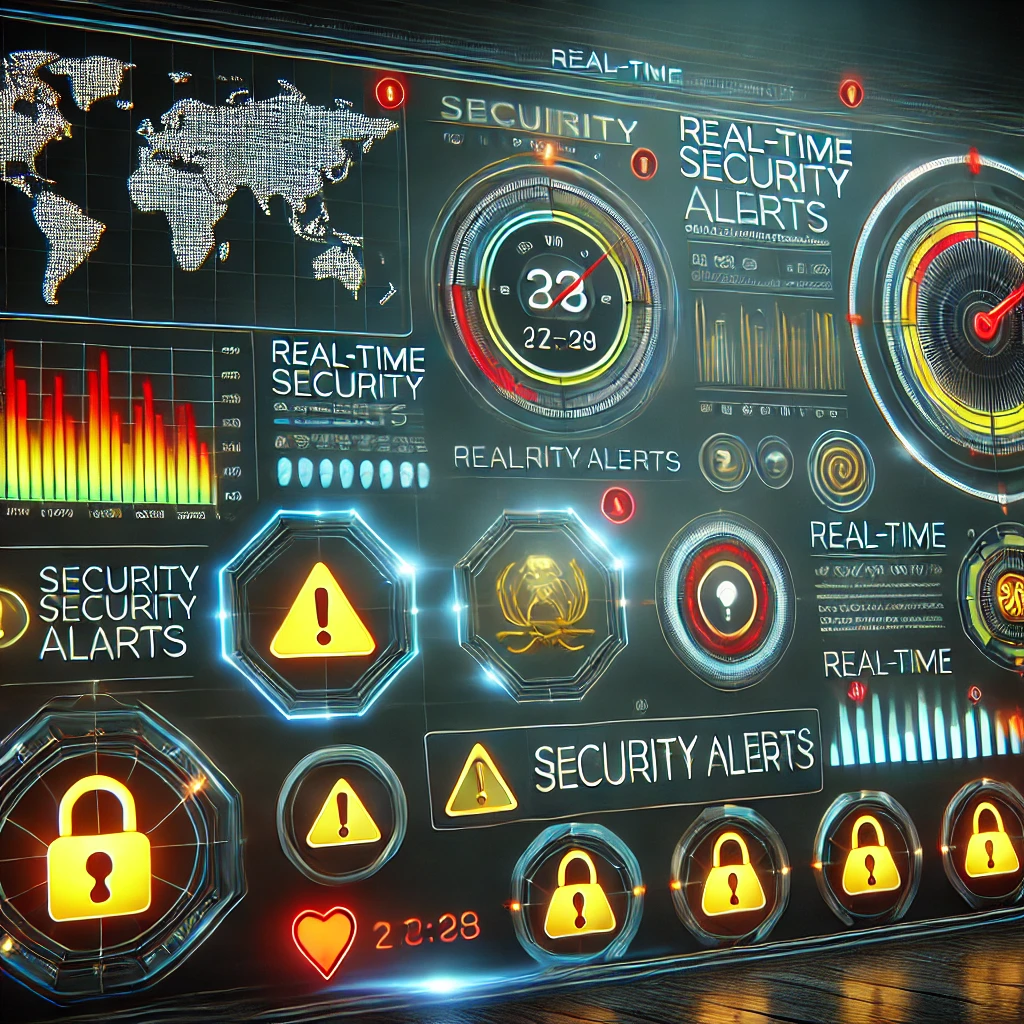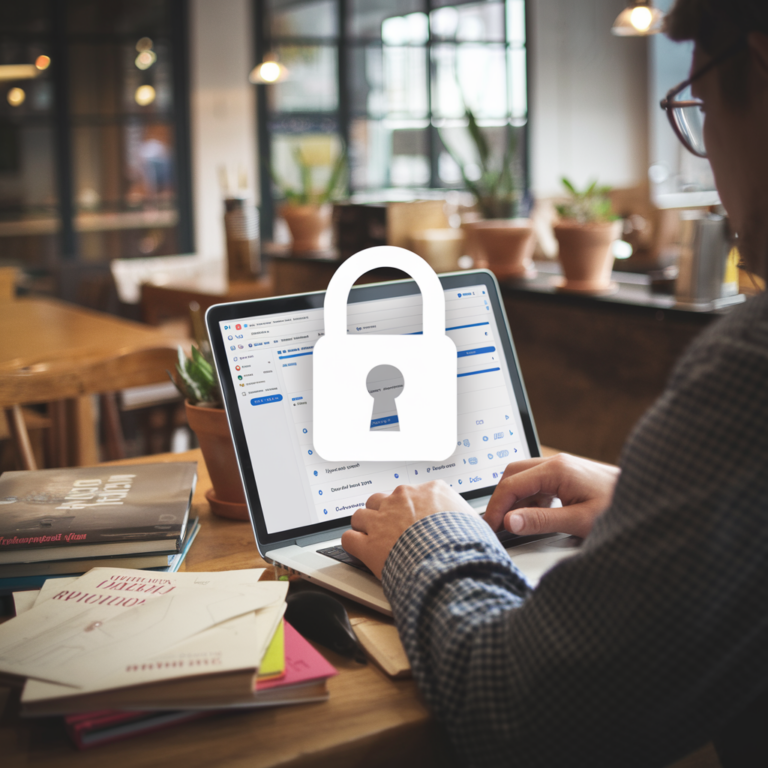Cyber security is a non-negotiable for every small business owner in Melbourne. Cyber threats are becoming increasingly sophisticated, targeting small businesses that often lack robust defenses. Let’s talk about effective cyber security strategies for small business owners to safeguard their operations, protect sensitive data, and ensure long-term success.
Why Cyber Security Matters for Small Businesses
Small businesses are often perceived as easy targets by cybercriminals. They hold valuable data—including customer information and financial records—making them attractive to attackers. For Business’s in Melbourne, ensuring cyber security isn’t just about compliance but about building trust and resilience.
- 60% of small businesses close within six months of a cyberattack.
- Over 43% of cyberattacks target small businesses.
- Australia saw a 13% rise in reported cyber incidents in 2024.
Cybersecurity breaches can lead to financial losses, reputational damage, and legal complications. As Melbourne continues to grow as a hub for startups and small enterprises, cyber security should be seen as a critical investment rather than an optional expense. Protecting your business also protects the community you serve, including customers, employees, and partners.
Essential Cyber Security Strategies For Business Owners In Melbourne
1. Conduct Regular Risk Assessments
Understanding your vulnerabilities is the first step in building a robust cyber security framework. Regular risk assessments allow you to identify potential entry points for attackers, such as outdated software, unsecured devices, or weak access controls.
Steps to Conduct a Risk Assessment:
- Inventory Your Assets: List all digital and physical assets, including hardware, software, and data repositories.
- Identify Threats: Recognize potential threats, such as phishing emails, malware, or insider threats.
- Assess Vulnerabilities: Determine how likely each threat is to exploit specific weaknesses in your system.
- Prioritize Risks: Focus on mitigating risks that pose the highest threat to your business operations.
Engage with local IT experts in Melbourne who can provide tailored advice and help implement necessary safeguards.
2. Invest in Robust Password Policies
Weak passwords are one of the simplest ways for cybercriminals to access sensitive information. Implementing robust password policies ensures an added layer of security for your business.
Best Practices for Password Policies:
- Length and Complexity: Require passwords to be at least 12 characters long, combining uppercase and lowercase letters, numbers, and symbols.
- Unique Passwords: Ensure that employees use different passwords for each account or system.
- Regular Updates: Mandate password changes every 90 days to reduce the risk of long-term exposure.
- Two-Factor Authentication (2FA): Add an extra layer of security by requiring a secondary verification step, such as a code sent to a mobile device.
Educate your staff about the importance of password security and provide tools like password managers to simplify adherence to these policies.
3. Educate Your Employees
Human error is often the weakest link in cyber security. Comprehensive employee training can significantly reduce risks by empowering your team to recognize and avoid threats.
Topics to Cover in Employee Training:
- Phishing Scams: Teach employees to identify suspicious emails and avoid clicking on unverified links.
- Safe Internet Practices: Emphasize the importance of using secure websites and avoiding risky downloads.
- Data Protection: Train staff on how to handle sensitive information securely, including proper data storage and disposal methods.
- Incident Reporting: Encourage employees to report any unusual activity or suspected breaches immediately.
Consider hiring a local cyber security consultant to conduct workshops tailored to Melbourne’s business environment.
4. Secure Your Wi-Fi Network

Your Wi-Fi network is a critical component of your business infrastructure, making it a prime target for hackers. Securing your Wi-Fi ensures that only authorized personnel can access your network.
Steps to Secure Wi-Fi:
- Encryption: Use WPA3 encryption for enhanced security.
- Hidden Network: Configure your Wi-Fi to not broadcast its SSID.
- Strong Passwords: Ensure the network password meets the same robust criteria as user passwords.
- Guest Networks: Provide a separate Wi-Fi network for visitors and clients.
Regularly audit your Wi-Fi settings to ensure they align with current security best practices.
5. Implement Endpoint Protection
Endpoint protection tools act as the first line of defense against malware and other cyber threats targeting individual devices.
Features of Effective Endpoint Protection:
- Antivirus Software: Detect and neutralize malicious software.
- Firewalls: Block unauthorized access to your network.
- Patch Management: Automatically update devices with the latest security fixes.
- Device Encryption: Protect sensitive data in case of device theft.
Engage with local IT providers to ensure that your endpoint protection strategy is comprehensive and regularly updated.
Advanced Measures for Cyber Security For Small Business Owners In Melbourne
6. Backup Data Regularly
Data backups are your safety net in case of ransomware attacks or system failures. They ensure that your business can continue operating even in the worst-case scenario.
Types of Backups:
- Full Backups: Copy all data at regular intervals.
- Incremental Backups: Save only the data that has changed since the last backup.
- Cloud Storage: Use secure cloud services for offsite backups.
Test your backup systems regularly to ensure data recovery processes are seamless and effective.
7. Update Software and Systems
Outdated software is a vulnerability that cybercriminals exploit. Keeping your systems up to date is essential for closing security gaps.
Steps to Stay Updated:
- Automatic Updates: Enable automatic updates for all software.
- Patch Management: Regularly check for patches and apply them promptly.
- Vendor Communication: Stay informed about updates from software and hardware vendors.
Partner with local IT professionals to automate and manage updates efficiently.
8. Limit Employee Access

Not all employees need access to every part of your system. Limiting access minimizes the risk of insider threats and accidental breaches.
Access Control Measures:
- Role-Based Access: Grant permissions based on job responsibilities.
- Periodic Reviews: Regularly review access rights to ensure they are still appropriate.
- Logging: Monitor and log access to sensitive systems for accountability.
Restricting access ensures that sensitive data remains secure, even within your organisation.
9. Use Secure Payment Systems
Secure payment systems protect both your business and your customers from fraud. Choose reputable providers with robust security features.
Features to Look For:
- Encryption: Protect payment data during transmission.
- Fraud Detection: Use tools that flag suspicious transactions.
- Compliance: Ensure the system complies with PCI DSS standards.
Engaging with Melbourne-based payment solution providers can ensure your system is tailored to local regulations.
10. Monitor and Respond to Threats

Cyber threats evolve constantly, making continuous monitoring a necessity. Proactive threat detection and response can prevent minor incidents from escalating.
Key Monitoring Practices:
- Intrusion Detection Systems (IDS): Identify unauthorized access attempts.
- Real-Time Alerts: Get instant notifications of potential threats.
- Incident Response Plans: Have a clear plan for addressing and mitigating breaches.
Local managed IT services can provide 24/7 monitoring and expert response teams to handle incidents.
What Are The Local Resources for Cyber Security in Melbourne
Melbourne’s small business owners can access several resources to bolster their cyber security efforts:
- Business Victoria: Offers grants and toolkits tailored for SMEs.
- Australian Cyber Security Centre (ACSC): Provides regular updates and best practices.
- Local IT Firms: Engage with Melbourne-based companies like XpressteX for customized support.
Utilizing these resources ensures that your business stays ahead of evolving threats while adhering to local compliance requirements.
Building a Culture of Security For Your Business
Creating a culture of security means embedding cyber security into every aspect of your business. This requires ongoing education, clear communication, and leadership commitment.
Steps to Foster a Security Culture:
- Regular Updates: Keep employees informed about new threats and policies.
- Open Communication: Encourage reporting of suspicious activities without fear of repercussions.
- Leadership Example: Ensure that management prioritizes and adheres to security protocols.
A strong security culture enhances overall resilience and reduces the likelihood of breaches.
Cyber security strategies for small business owners are vital to have that Strategic advantage over your competitors. By implementing these measures, you can safeguard your business, build customer trust, and ensure sustainable growth. Don’t wait for a cyberattack to act—start fortifying your defenses today.
For tailored cyber security solutions, contact MTR IT on 03 9087 4390 to discuss your specific circumstances.

